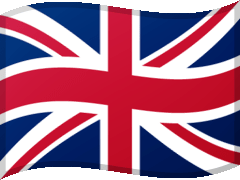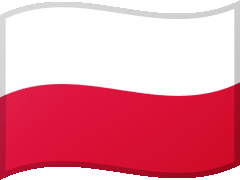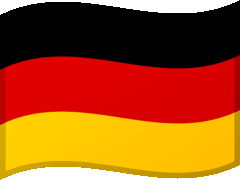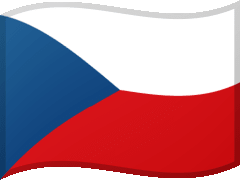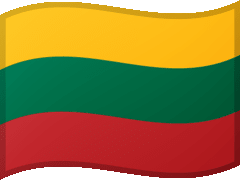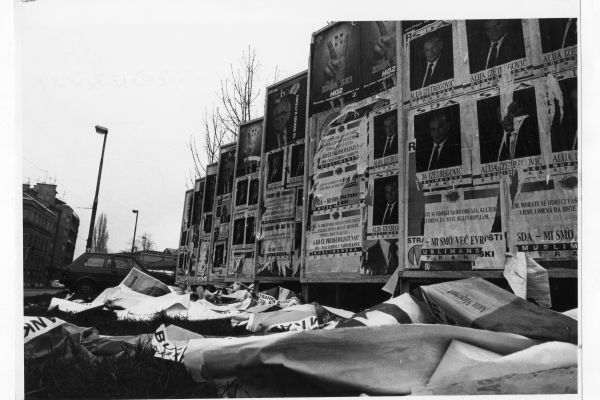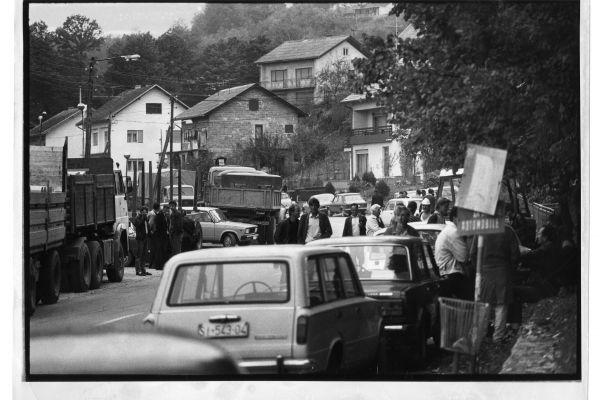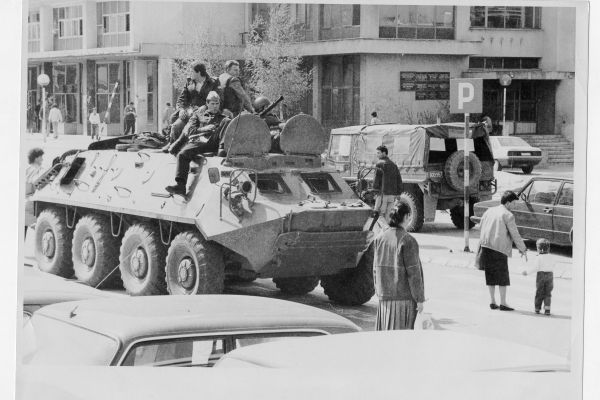During the 1980s, there were growing disputes in Yugoslavia regarding the shape of the federation. The communists in Slovenia sought greater independence for the republics, while Serbia sought to restore sovereignty over the autonomous districts of Kosovo and Vojvodina. In both republics, and with time, also in others, the national issues gained considerable social importance.
A manifestation of the above-mentioned processes was the 14th congress of the League of Communists of Yugoslavia which took place on 20-22 January 1990. The Croatian and Slovenian delegations left it because of the aspirations of the head of the Serbian League of Communists, Slobodan Miloševic, related to domination of Serbia in the country, meanwhile, the delegations from Bosnia and Herzegovina and Macedonia did not agree to hold further sessions.
The economic reforms, supported by the West and announced by Prime Minister Ante Markovic under the slogan of “new socialism” in June 1990, ended in failure.
The legalisation of political parties in all the republics in the years 1989–1990 and the elections held in the period between April and December 1990 led to the loss of power by the communists everywhere except in Serbia. The communists, under the banner of the Socialist Party of Serbia headed by Slobodan Miloševic, won the elections in December 1990. On 23 December 1990, Slovenia was the first republic to hold a referendum on independence, which was supported by almost 90% of voters.
The abolishment of the autonomy of Kosovo in March 1989 led to social protests in this province and the formation of parallel Albanian structures of social and political life from 1990 onwards. Ibrahim Rugova, the founder of the Democratic League of Kosovo, became the leader.
The constitutional amendments in Croatia - rejecting the Communist character of the state and restoring national symbols - provoked resistance from Croatian Serbs. The culminating point was the so called log revolution (balvan revolucvija) - since August 1990, the roads in the regions dominated by Serbs were blocked. On 21 December 1990, the establishment of the Serbian Autonomous Oblast of Krajina was proclaimed.
The years 1991–1992 were marked by the proclamation of independence by all the republics and the beginning of the war in Slovenia (1991), Croatia (1991–1995) and Bosnia and Herzegovina (1992–1995).
